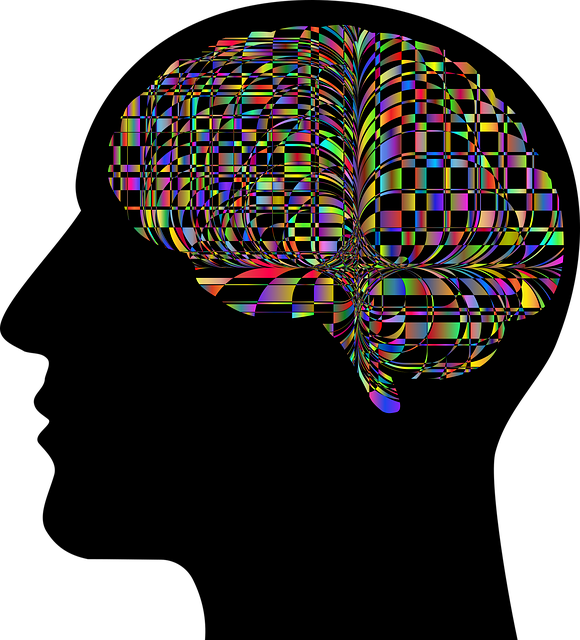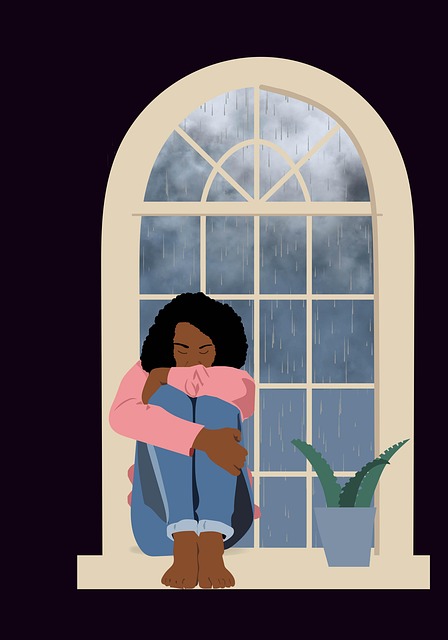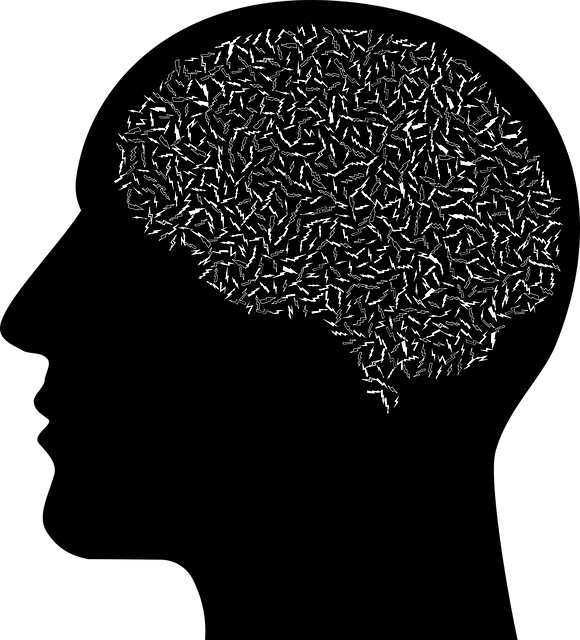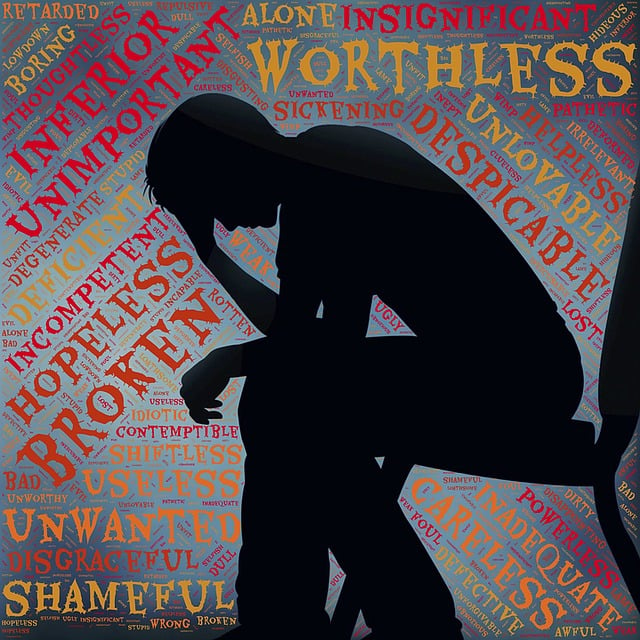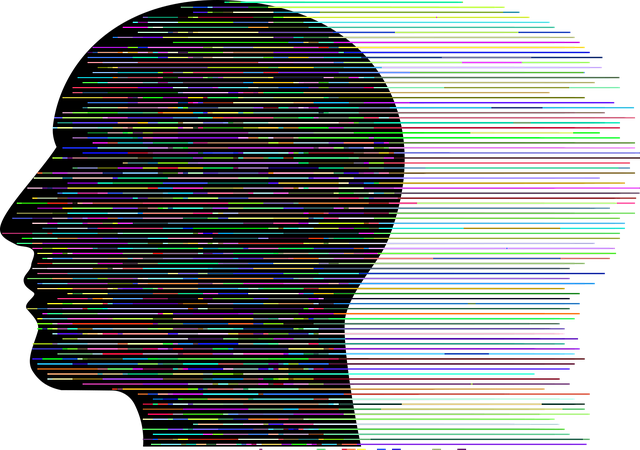The text highlights the unique mental health challenges faced by the elderly, such as loneliness and cognitive decline, emphasizing the need for tailored assessment tools in healthcare. It suggests that traditional therapy methods may not be suitable for seniors, and encourages the use of journaling to provide insights. Training caregivers in cultural competency is crucial to deliver sensitive care. The discussion centers around the importance of designing user-friendly self-assessment tools considering age, cognitive abilities, and cultural factors, integrated with evidence-based practices like mindfulness meditation. Implementing tailored Therapy for Elders Mental Health Evaluations can significantly improve well-being by addressing specific issues, fostering a sense of belonging, and organizing Stress Management Workshops. This proactive approach aims to revolutionize elder care, ensuring better mental health outcomes for this demographic.
Mental wellness self-assessment tools play a crucial role in addressing the unique challenges of elderly mental health. As our population ages, understanding and assessing cognitive and emotional well-being among seniors becomes increasingly vital. This article explores the development of such tools, focusing on designing effective self-assessment methods tailored to elders’ needs. We delve into the significance of early detection, discuss best practices for implementation, and examine the potential impact on therapy for elderly mental health evaluations, ultimately enhancing overall well-being.
- Understanding Elderly Mental Health and the Need for Assessment Tools
- Designing Effective Self-Assessment Tools for Mental Wellness in Elders
- Implementation and Potential Impact: Therapy for Elders Mental Health Evaluations
Understanding Elderly Mental Health and the Need for Assessment Tools

The mental health of the elderly is a critical aspect often overlooked within the broader spectrum of healthcare. As our population ages, understanding and addressing the unique mental wellness needs of older adults have become paramount. The challenges faced by seniors in this regard are multifaceted; they may include the impact of loneliness, isolation, chronic illnesses, and cognitive decline. Traditional therapy methods might not always be suitable or accessible for this demographic, highlighting the pressing need for tailored assessment tools.
Mental Wellness Journaling Exercise Guidance can serve as a powerful tool to initiate conversations about mental health. Encouraging older adults to reflect on their emotions, thoughts, and experiences through journaling can provide valuable insights for healthcare providers. Additionally, Healthcare Provider Cultural Competency Training is essential to ensure that professionals are equipped to deliver sensitive care. By understanding the cultural nuances and specific challenges within this population, caregivers can offer more personalized support, reducing potential barriers to accessing mental health evaluations. Moreover, preventing burnout among these providers is crucial to maintaining consistent and compassionate care for elderly individuals seeking therapy for their mental wellness concerns.
Designing Effective Self-Assessment Tools for Mental Wellness in Elders

Designing effective self-assessment tools for mental wellness among elders is a crucial step in addressing their unique needs and promoting overall well-being. These tools should be tailored to account for age-related changes, cognitive abilities, and cultural considerations. Incorporating user-friendly interfaces and clear, simple language ensures that elders can engage with the assessments comfortably, encouraging honest self-reflection.
Additionally, integrating evidence-based practices like mindfulness meditation techniques into these tools can help normalize conversations about mental health and emotional well-being promotion. For instance, a digital assessment platform could include guided meditations or mood tracking features, empowering elders to actively participate in their therapy. Community outreach program implementation strategies can further enhance the reach and impact of these tools, fostering support networks and enabling access to mental health evaluations for those who may otherwise be hesitant to seek help.
Implementation and Potential Impact: Therapy for Elders Mental Health Evaluations

The implementation of tailored Therapy for Elders Mental Health Evaluations can significantly impact older adults’ overall well-being. These evaluations are designed to address the unique challenges and mental health concerns prevalent in this demographic, such as loneliness, depression, and cognitive decline. By incorporating innovative self-assessment tools that consider emotional intelligence and trauma support services, elders can receive personalized care. This approach ensures that their specific needs are met, fostering a sense of belonging and improved quality of life.
Organized Stress Management Workshops within the framework of these evaluations can further enhance their effectiveness. Such workshops empower seniors with strategies to manage stress and promote resilience. By integrating these initiatives, mental health professionals can offer comprehensive support, enabling elders to navigate age-related stressors and maintain mental wellness. This proactive approach has the potential to revolutionize elder care, ensuring a happier and healthier future for this vital segment of our population.
The development of mental wellness self-assessment tools is a crucial step forward in addressing the unique challenges of elderly mental health. By implementing effective tools like those discussed, we can facilitate early detection and intervention, ultimately improving therapy for elders’ mental health evaluations. These assessments have the potential to revolutionize care by enabling professionals to understand and support the complex needs of older adults, fostering a brighter and healthier future for this demographic.

